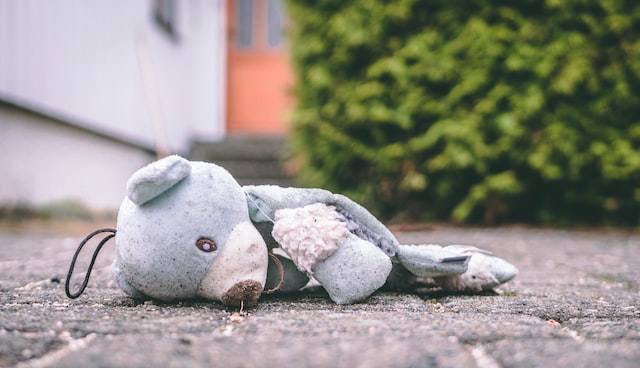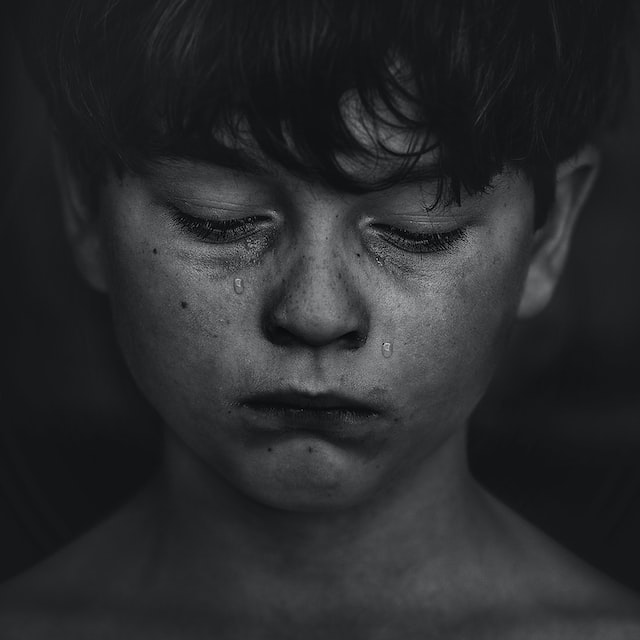Are you concerned your child is being bullied? Existing in many forms, bullying is a widespread problem in schools, with children encountering some type of torment or harassment every day. Often, kids are hesitant to tell their parents about what’s going on or who is responsible. Because of this, parents must learn how to recognize the signs of bullying, understand its potential effects and be prepared to offer help.

Below, we’ll go over how to recognize bullying, the impact it could have, and what you can do to help protect your child.
How to Help Your Bullied Child
Bullying Red Flags
First, it’s important to note that not all bullying has visible injuries. There could be psychological or emotional signs parents are able to observe as well. For instance, kids may suddenly show no interest in something they previously loved or cry on the way to school. Other common signs to look out for are:
• Sudden changes in mood or behavior
• Unexplained bruising or broken belongings
• Seeming anxious or depressed
• Decreased appetite or refusing to eat
• Issues sleeping, nightmares
• Avoiding certain situations (like the school bus or recess)

These issues are not exclusive to bullying, so it’s essential to investigate the cause and not make assumptions. If you suspect your child is being bullied but is reluctant to open up, you should find a way to bring up the issue. Doing so could involve playing a video on the topic and asking questions about any personal experiences with bullies. There are also books to help spark conversations about it. Remember to keep the dialogue open and encourage any questions.
The Possible Effects of Bullying
As bullying is different for every person, it can lead to a wide range of effects. A few short-term effects parents may notice include:
• Low self-esteem
• Poor school performance
• Isolation or social exclusion
• Headaches with no physical cause
• Stomach or digestive issues
• Suicidal ideation
If left unaddressed, there could also be long-term effects if the mistreatment is particularly awful or scarring. Chronic depression and anxiety disorders, such as generalized anxiety or even agoraphobia, may develop. As the child grows, unhealthy coping mechanisms and habits may also develop, including heavy smoking, substance abuse, and alcohol dependency. Furthermore, the effects of bullying may even impact social relationships and employment opportunities down the road.
How Parents Can Help
One of the first steps to take when children are being bullied is to instill the message that bullying is not their fault. The difficulty is due to the aggressor’s behavior, issues, or shortcomings, and the person being targeted is not to blame.
Next, relay how important it is to communicate what they’re going through and to understand it’s okay to reach out for help. Use a calming and friendly tone to better establish an accepting environment where they feel comfortable discussing uncomfortable topics. Additionally, it’s important to identify which teachers and friends your child should go to for aid.
It’s also advised to take a more proactive approach by teaching your kids when they’re still young how to react to a potential bully. You could practice a list of simple but non-antagonistic phrases to use when telling someone to stop. Preparing may also incorporate role-playing as various scenarios are set before them. Having an idea of what a difficult situation may look like and how to respond could make a significant difference if they witness something or become a victim in the future.
Be Your Child’s Biggest Supporter
While it’s not always possible to prevent bullying, there are effective strategies you can use to mitigate its impact and help your kid get through the experience. Start by building confidence at home and providing a positive model for how someone is treated by peers, family, and in relationships. Last but not least, be sure you’re always there to lend a listening and sympathetic ear, no matter the situation.
This infographic was created by Kids Car Donations, donate car to
charity.
For further information on what parents can do for their bullied children, please see the accompanying resource.
This post was contributed by Kids Car Donations. Kids Car Donations is a national organization that accepts vehicle donations to better the lives of children. The organization partners with a number of well-known nonprofits serving children and teens who are confronted with physical, mental, and emotional challenges to provide the care they need.



















Add Comment